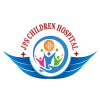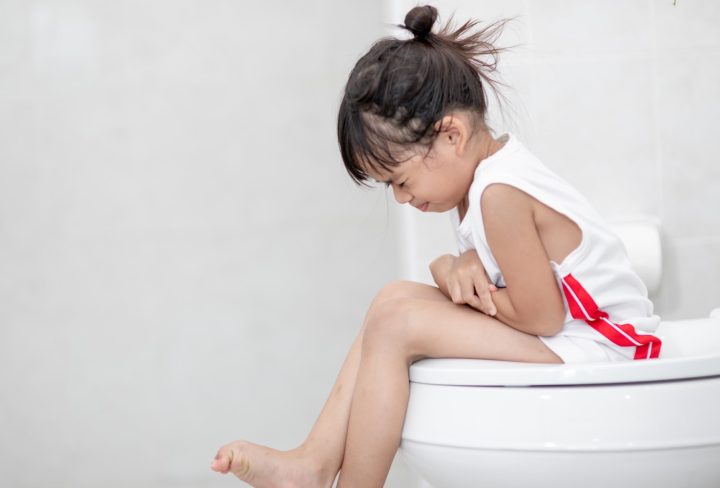Diarrhea is a common problem in children that can be caused by viruses, bacteria, or parasites. It is characterized by loose, watery stools that can occur frequently and may be accompanied by other symptoms like stomach cramps, nausea, vomiting, and fever.
Symptoms of Diarrhea in Children
- Loose, watery stools
- Stomach cramps
- Nausea and vomiting
- Fever
- Dehydration
Causes of Diarrhea in Children
- Viruses: Rotavirus, norovirus, and adenovirus are the most common causes of diarrhea in children.
- Bacteria: Salmonella, E. coli, and Campylobacter are common bacteria that can cause diarrhea in children.
- Parasites: Giardia and Cryptosporidium are parasites that can cause diarrhea in children.
- Antibiotic use: Antibiotics can disrupt the natural balance of bacteria in the gut and lead to diarrhea.
- Food intolerances: Lactose intolerance and gluten intolerance can cause diarrhea in children.
Diagnosis of Diarrhea in Children
Your child’s doctor will perform a physical exam to check for blood pressure, dehydration, and abdominal tenderness.
Other Lab Tests Include:
Stool test: To check for the presence of infection
Blood test: To rule out other underlying conditions like (celiac disease)
Hydrogen breath test: To study the amount of hydrogen in a child’s breath (helps diagnose other underlying conditions)
Fasting test: To check for any food allergy
Endoscopy: This test is done if the diarrhea is not subsiding. It helps to know the cause of long-lasting diarrhea
Treatment of Diarrhea in Children
- Rehydration: It is essential to keep your child hydrated during diarrhea. Encourage your child to drink plenty of fluids like water, pedialyte, or other oral rehydration solutions.
- Medications: Anti-diarrheal medications and antibiotics are not recommended for children with diarrhea, especially those under the age of 2.
- Rest: Your child should rest and avoid strenuous activities until the diarrhea has stopped.
Prevention of Diarrhea in Children
- Hand hygiene: Teach your child to wash their hands frequently with soap and water, especially before eating or after using the bathroom.
- Food safety: Make sure that your child eats only properly cooked food and drinks clean water.
- Vaccinations: Get your child vaccinated against rotavirus, a common cause of diarrhea in children.
- Probiotics: Probiotics may help prevent diarrhea by restoring the balance of good bacteria in the gut.
When to See a Doctor?
- If your child has diarrhea for more than two days
- If your child has severe diarrhea, fever, or bloody stools
- If your child shows signs of dehydration like dry mouth, decreased urination, or lethargy
Dietary Changes For Diarrhea: (BRAT) Diet
- Bananas
- Rice
- Applesauce
- Toast
Bananas and rice are ‘binders’ and are constipating. Hence, they might help with diarrhea. However, the BRAT diet alone won’t help your child get better faster when they have diarrhea. This restrictive diet is low in fat, protein, and energy; it might not fasten the recovery.
Immunization For Diarrhea
To protect your child from rotavirus-induced diarrhea, get them vaccinated with rotavirus vaccine. The vaccine is a liquid given by mouth. Children get it at ages 2 and 4 months and again at six months, depending on the vaccine used.
Advantages Of The Rotavirus Vaccine
- It protects your child from rotavirus, a potentially severe disease
- It prevents your child from developing diarrhea, vomiting, and stomach pain


